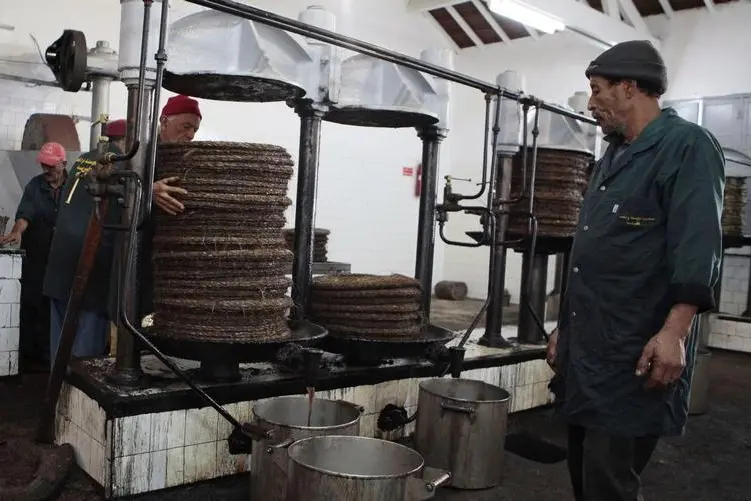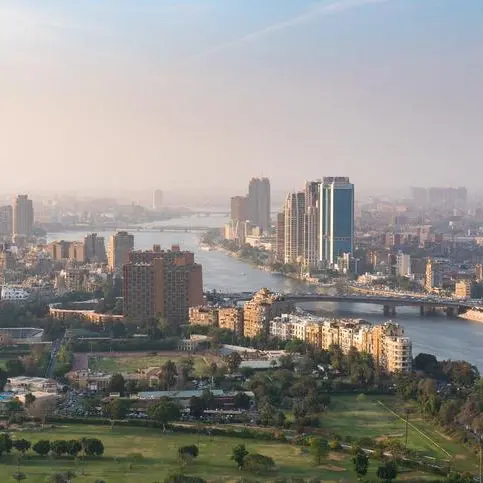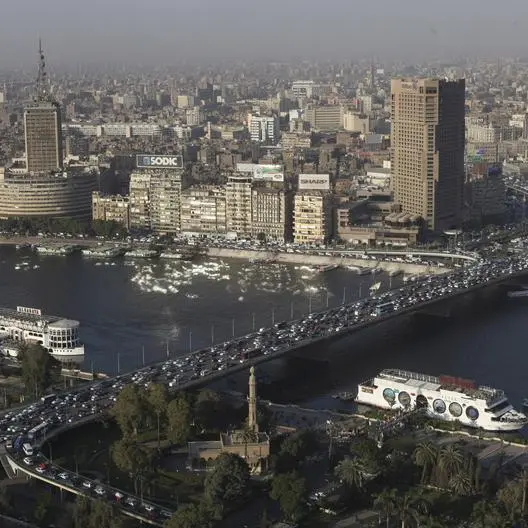PHOTO
Tunisia needs to devise a medium- and long-term food policy to boost its food security, in view of the growing global food crisis arising, among other things, from the repercussions of COVID-19 and the Russian-Ukranian conflict, as well as the climate change effects," according to a recent report published by the Tunisian Institute for Strategic Studies (ITES).
According to the report, entitled "Food Security in Tunisia to 2035," Tunisia's food system is suffering from a number of problems, including increased dependence on fluctuating external markets, heavy pressure on natural resources, the fragmentation of plots of land and the ageing of farmers, combined with the disaffection of young workers and poor access to new agricultural technologies, which are all examples of structural factors undermining Tunisians' food security.
ITES considers it crucial to devise a comprehensive vision of Tunisia's food security by 2035, with a view to establishing an inclusive, sustainable and innovative food system that is resilient to shocks and climate change and less dependent on the external world.
The study sets out in this regard, a number of goals for achieving food sovereignty in the country, through the mobilisation of a range of appropriate actions.
The main goal is to "ensure sustainable food availability that is less dependent on imports," which means setting up a cross-cutting, cross-ministerial institutional structure responsible for food security.
This structure will be tasked with drawing up the new food and nutrition policy, implementing it on the basis of effective horizontal and vertical coordination with stakeholders, and periodically assessing and adjusting it in line with the State's strategic vision and any unforeseen circumstances.
Meanwhile, it is necessary "to improve agricultural production and productivity, by enhancing the preparation and conduct of agricultural campaigns, adopting agronomic techniques better tailored to climate change, stepping up agricultural outreach, making the best use of state-owned land, and so on."
ITES also recommends stepping up research and innovation to improve food security, and repositioning government intervention as a mediator and strategic regulator in the food system.
"The State must devise a gradual liberalisation plan for each agricultural product, notably with regard to non-strategic agri-food products such as tea, coffee and sugar."
"It must intervene to readjust the prices of certain basic products in the event of a crisis, and tighten controls on the storage and distribution chains in the agri-food sector."
The study also points to the need to reduce food dependency on external markets. To achieve this, it recommends better anticipating future shocks and preparing for changes in global markets, reducing the import bill through controlled, multi-year planning of purchases on the global market and creating a simplified procedure for importing basic products by streamlining current public procurement procedures.
The aim is also to "improve storage and distribution channels and logistical conditions, by equipping each region with suitable markets (wholesale and municipal) and slaughterhouses, increasing the number of direct sales outlets from producer to consumer, and setting up digital platforms and digitising storage and distribution channels to increase the transparency of commercial transactions and combat speculation."
The ITES also calls for improving conditions of access to finance, insurance, encouraging investment in agriculture and the agri-food sector and reducing losses and recovering food waste.
© Tap 2022 Provided by SyndiGate Media Inc. (Syndigate.info).




















